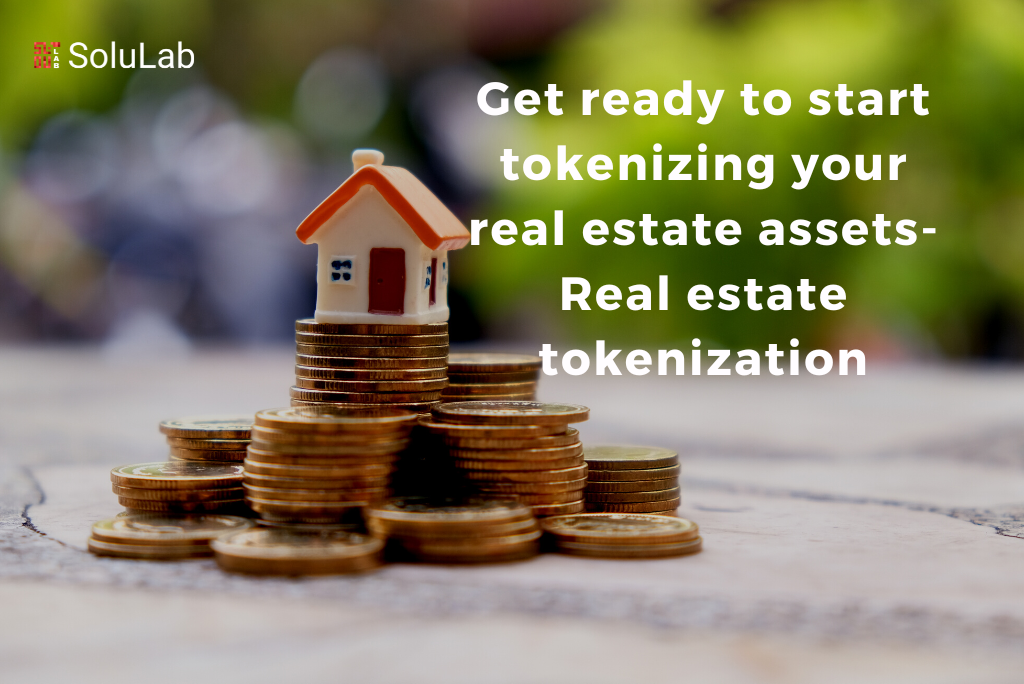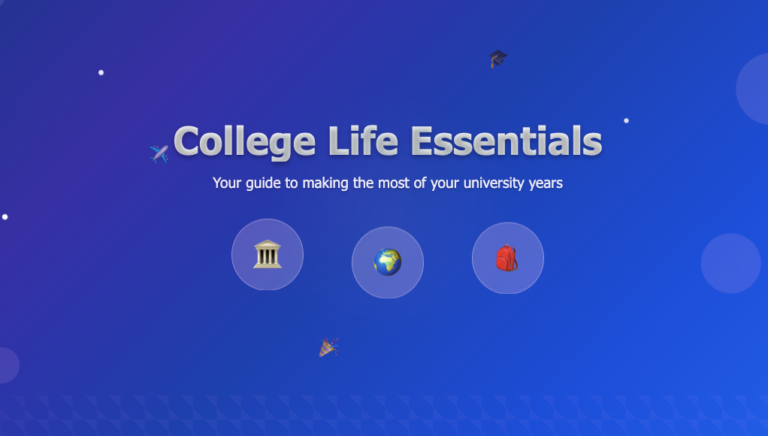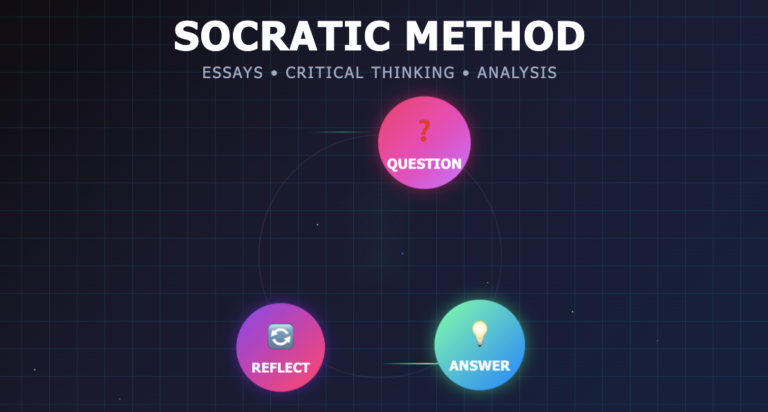
What does Real estate tokenization imply?
Real estate tokenization is a novel concept that combines real estate and blockchain technology. Tokenization helps asset or fund owners raise cash more quickly while also giving investors unprecedented access to private real estate assets, transparency, and liquidity.
What does tokenizing a real estate asset imply?
Tokenization is a new name for a cryptocurrency fundraising process in which investors exchange fiat or crypto cash for “tokens.”
To summarize, tokenization is a method of securitizing tangible assets.
A securitized asset is one that has been divided into shares that can be sold to investors. Similarly, “tokenizing” an asset means dividing it into shares, or “tokens,” each of which represents a predetermined share of the underlying value. As a result, they’re frequently referred to as “security tokens.”
Read also: Real Estate Tokenization – Benefits, Challenges and Future
The immutability of blockchain technology secures these tokens, which can be traded on crypto exchanges or alternative trading systems (ATS).
Developing a new property token
When a property owner agrees to tokenize it, an Ethereum-based real estate token (also known as a security token) is issued to represent the property’s shares. All tokens’ aggregate value will equal the securitized asset’s aggregate value. Consider the following scenario.
Let’s say you wish to tokenize a $30 million property with 100,000 square feet. One share for every square foot is a simple approach to dividing the property into shares. So you’d split the property into 100,000 shares, each worth $300 and representing one square foot of the property.
You might also split the property into square inches, making each token worth $2.08. This option may be chosen to make your project more appealing to a larger group of investors. Of course, you may limit the share offering to a certain percentage of the asset — say, 20% — to maintain majority control while generating funds for a new wing or upgrades.
Start your real estate tokenization with the best development company.
Blog Credits: Medium




